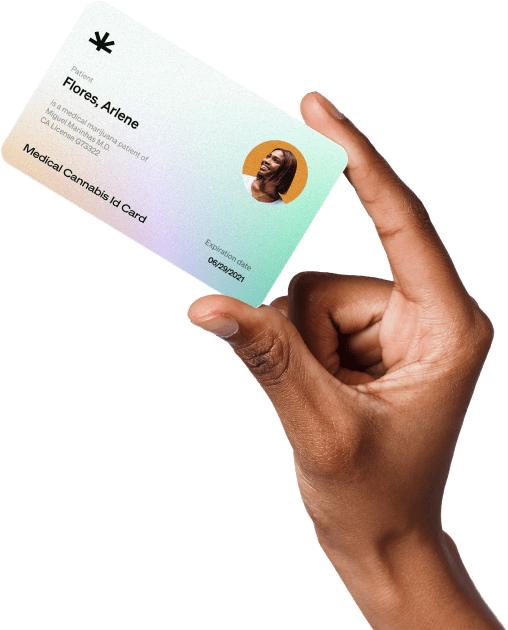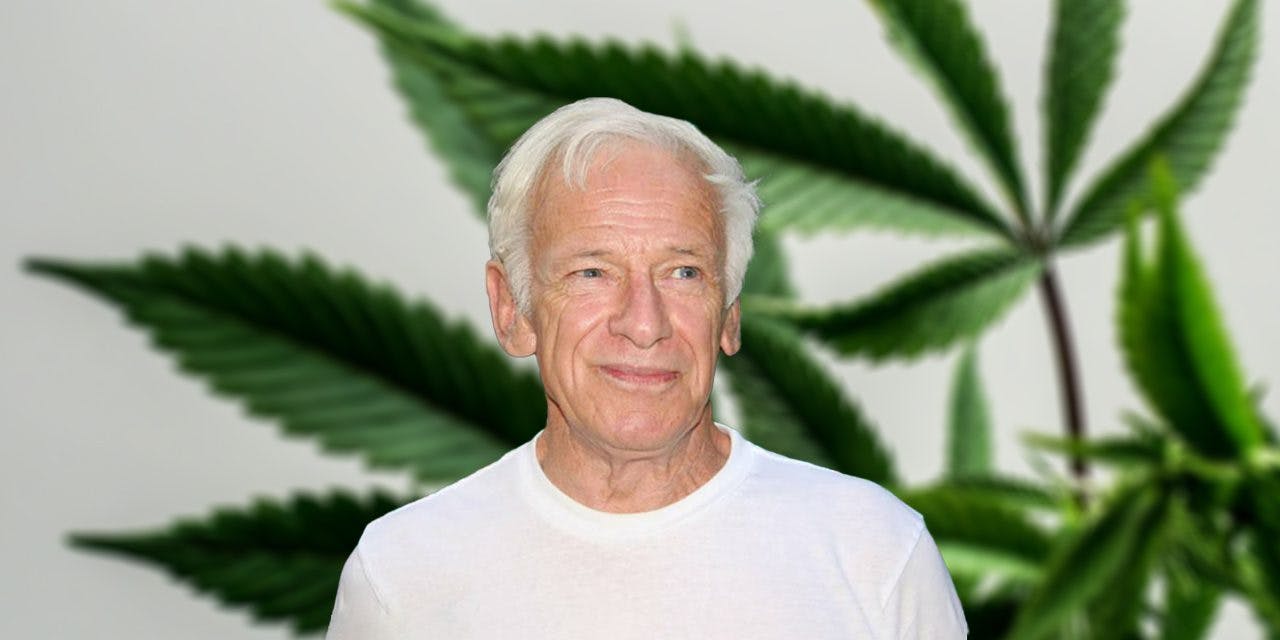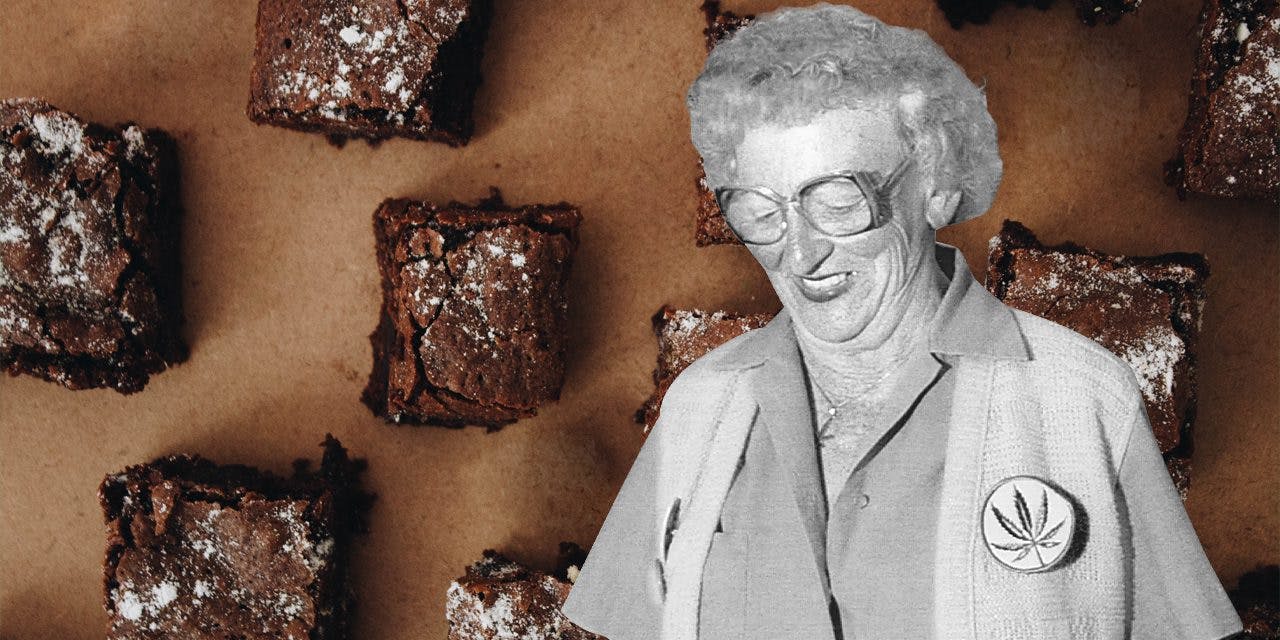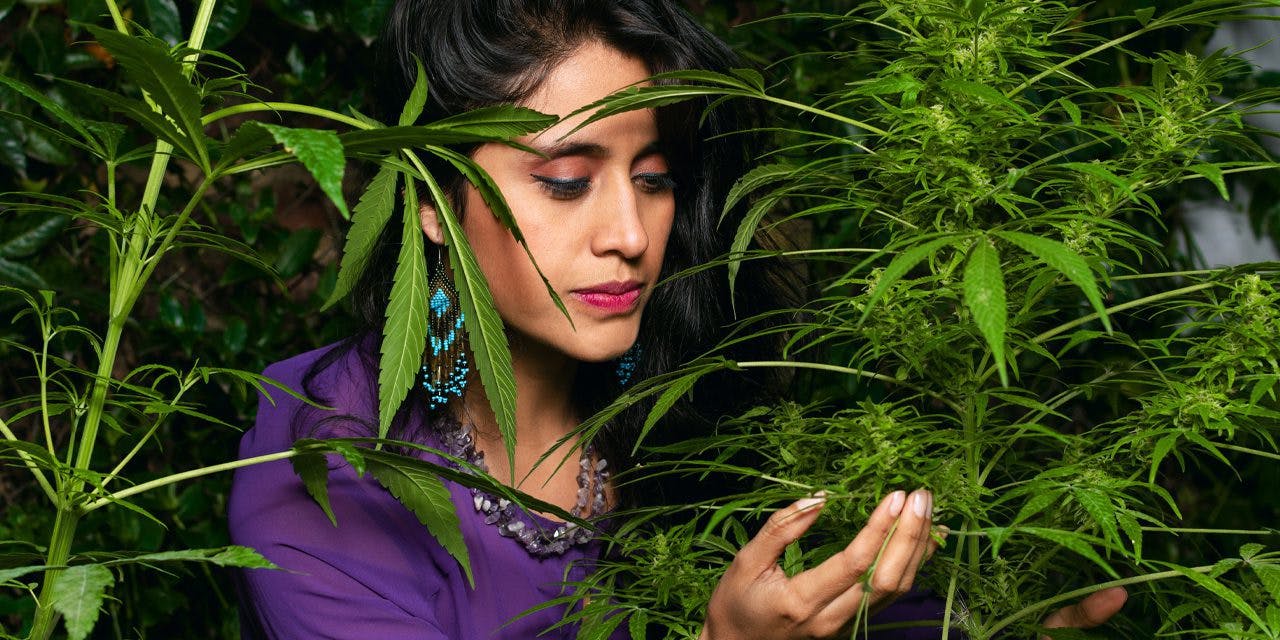How Did Harvey Milk Impact the Cannabis Industry?
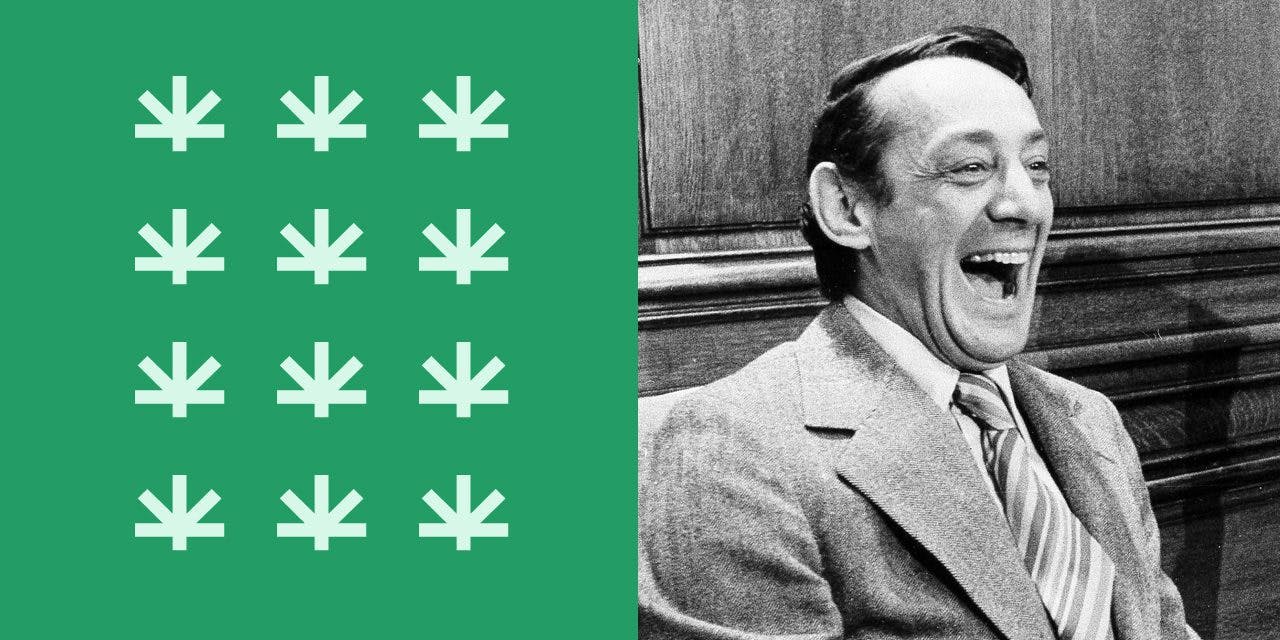
Article written by

Jordan WoldSEO Content Writer
Content reviewed by

Dr. Lewis JasseyMedical Director - Pediatric Medicine
Harvey Milk was the first openly gay man to hold public office in California. He was an outspoken advocate for LGBTQ rights and a proponent of cannabis legalization, which was rare in mainstream 1970s American politics, and remains a cornerstone of his legacy.
Although he did not live to see cannabis legalization, Harvey Milk’s strong support for ending cannabis prohibition was undoubtedly a crucial early step toward legalization in California and beyond.
Get Your Medical Card
Connect with a licensed physician online in minutes.
Who Was Harvey Milk?
Born May 22, 1930, Harvey Milk did not initially set out to get involved in politics. Milk spent his formative years in New York State, where he was born and raised.
Following his time at New York State College for Teachers, Milk spent four years in the United States Navy during and following the Korean War. Though Milk had progressed to a junior lieutenant rank in his four years of active service, he was forced to resign due to questions about his sexuality.
After his military service, Milk worked in various roles, from Broadway production assistant on Jesus Christ Superstar to a Wall Street researcher. Though it might surprise those familiar with Milk’s political legacy, Milk even worked on conservative Republican Barry Goldwater’s 1964 Presidential campaign.
During the period of time when Milk was moving from job to job, he was coming to terms with his understanding of and ultimately embracing his sexuality as a gay man. Milk also found himself residing on Castro Street, a section of San Francisco known to be a welcoming haven for individuals in the LGBTQ community.
Later, Milk would be colloquially known as “The Mayor of Castro Street.”
The Political Legacy of Harvey Milk
Perhaps the most consequential day job Harvey Milk ever had was running Castro Camera, a camera store in Milk’s neighborhood.
Milk opened the shop in 1972 and ran it until he died in 1978. In 1973, outraged by the required tax deposit affecting business owners like himself, Milk finally threw his hat into the political arena by advocating for — and receiving himself — a reduction on the tax deposit.
In November 1977, Harvey Milk won his race to be a San Francisco Board of Supervisors member. Though Milk had briefly served in a different position chosen by Mayor George Moscone, his win to be on the Board was undoubtedly the most significant sign that he had broken through as a major political force.
Sadly, Milk could only serve in his newly elected role until November 27, 1978, the day he was assassinated by Dan White. White, a former member of the Board of Supervisors, killed both Milk and Mayor Moscone. White was convicted on manslaughter charges and spent five years in prison.
Even though his time in office was short-lived, Milk undoubtedly left behind a notable political legacy. Being the first openly gay elected official in California, he provided representation for future generations and used his platform to fight for causes still on the fringes of society, like drug policy reform and gay rights.
Beyond his ability to engage with local business owners and act as a voice for the LGBTQ community, Milk was also able to enact genuine, tangible change. Most notably, Milk aided in passing a San Francisco city ordinance that disallowed discrimination against gay people for both employment and housing.
Harvey Milk’s Cannabis Advocacy
Milk was well aware of the danger of the negative perceptions and stereotypes associated with cannabis use. Though Milk ceased personal use of cannabis in 1975, he remained a tireless advocate for its legalization.
Cannabis reform was a key priority for Milk, even if there was only so much he could do from his position.
In 1978, San Francisco voters passed an initiative more progressive than what we have in some states today by passing a non-binding measure to end cannabis arrests in the city.
Though, before the measure could be set in stone, both Milk and Moscone were assassinated, and the initiative subsequently dropped.
His political fervor helped lead to notable changes in cannabis laws, mainly due to his close relationship and political allyship with Dennis Peron, the father of medical marijuana.
While some sources indicate Peron’s role in cannabis legalization has been overstated, Peron was absolutely a key figure in the push for medical cannabis legalization in California, which was the first state to legalize marijuana for medical use in 1996.
We will never know the other ways Harvey Milk might have been a leader in the fight to legalize cannabis. Still, by taking a broad look at Milk’s life and legacy, we can see a man who was carried by ethical convictions but did not rigidly stick to ideology or dogma for the sake of a political party.
As we celebrate access to legal medical and recreational cannabis, it’s important to acknowledge that there is still work to be done. We can only hope to inspire others to pick up the torch and continue the work to build a more open and accepting world.
Get Your Medical Card
Connect with a licensed physician online in minutes.
Frequently Asked Questions
Who killed Harvey Milk?
Dan White killed Harvey Milk and Mayor George Moscone on November 27, 1978.
Is there a Harvey Milk documentary?
There is a 1984 documentary about Harvey Milk titled, The Times of Harvey Milk, and a 2008 fictionalized biographical drama, Milk. Both films won Academy Awards and received critical acclaim.
When is Harvey Milk Day?
Harvey Milk Day occurs every May 22, the anniversary of Milk’s assassination. It is a California Day of Special Significance commemorating Milk’s work to advance rights for the gay community on Castro Street and LGBTQ individuals everywhere.
